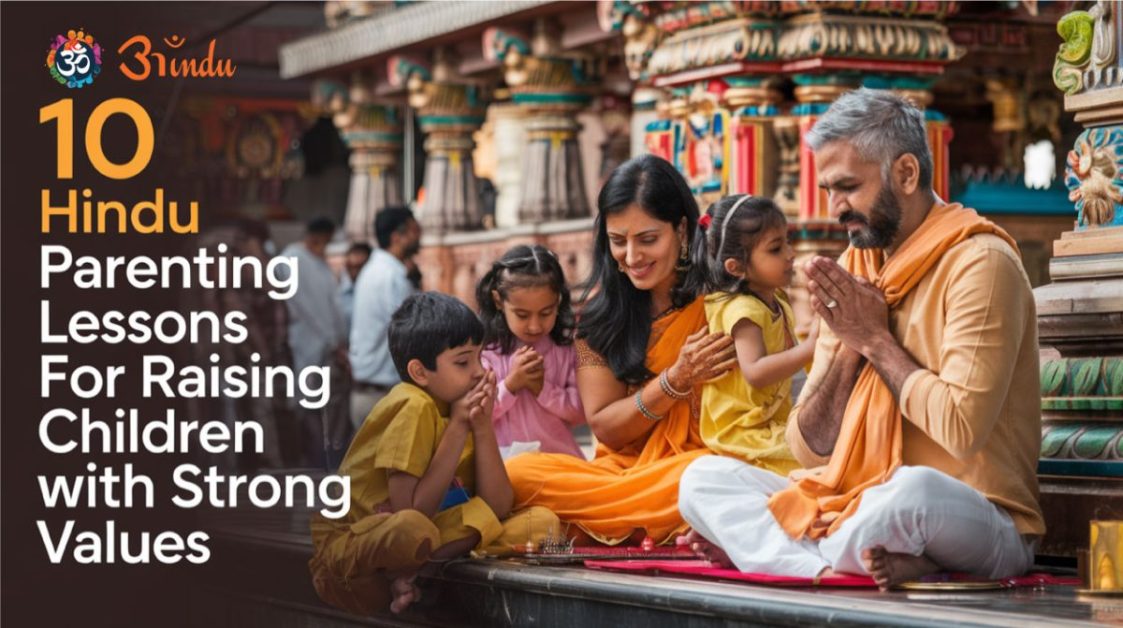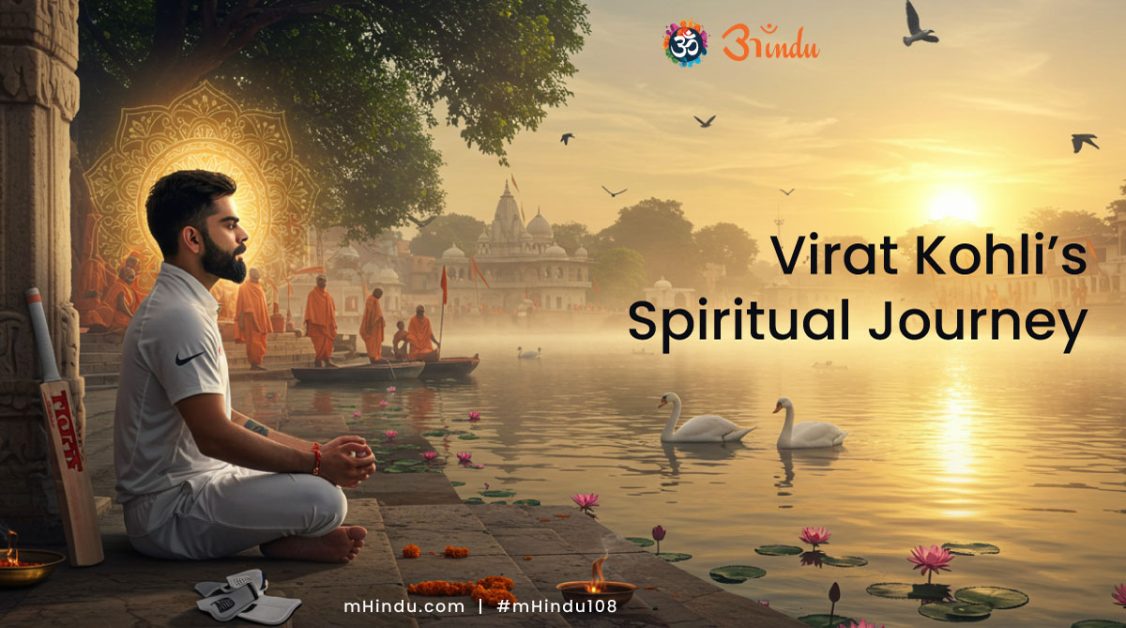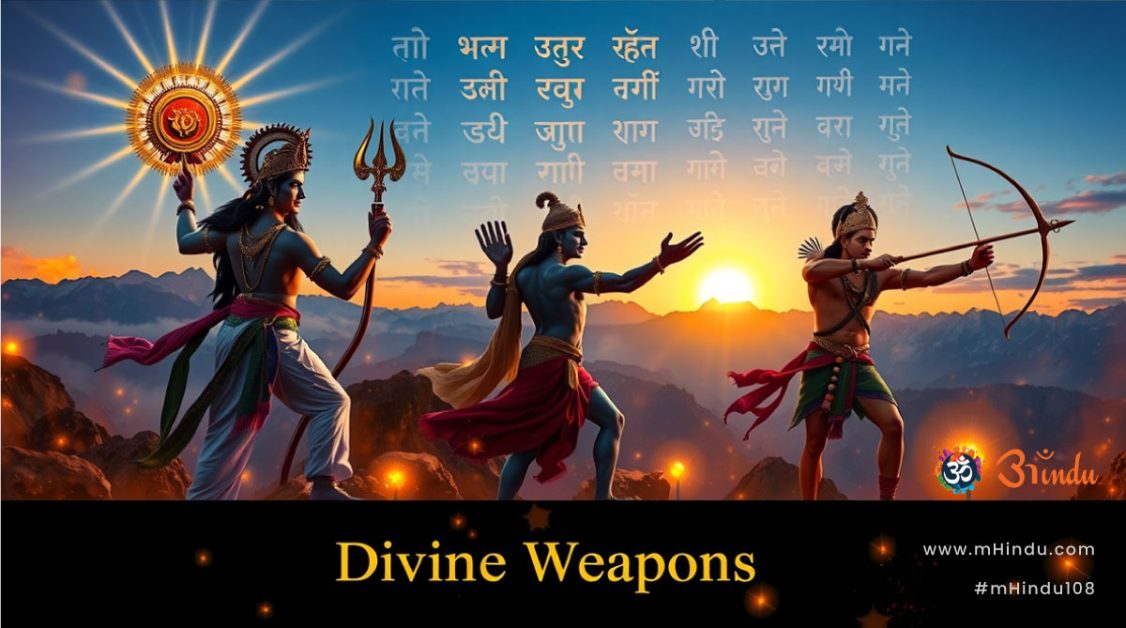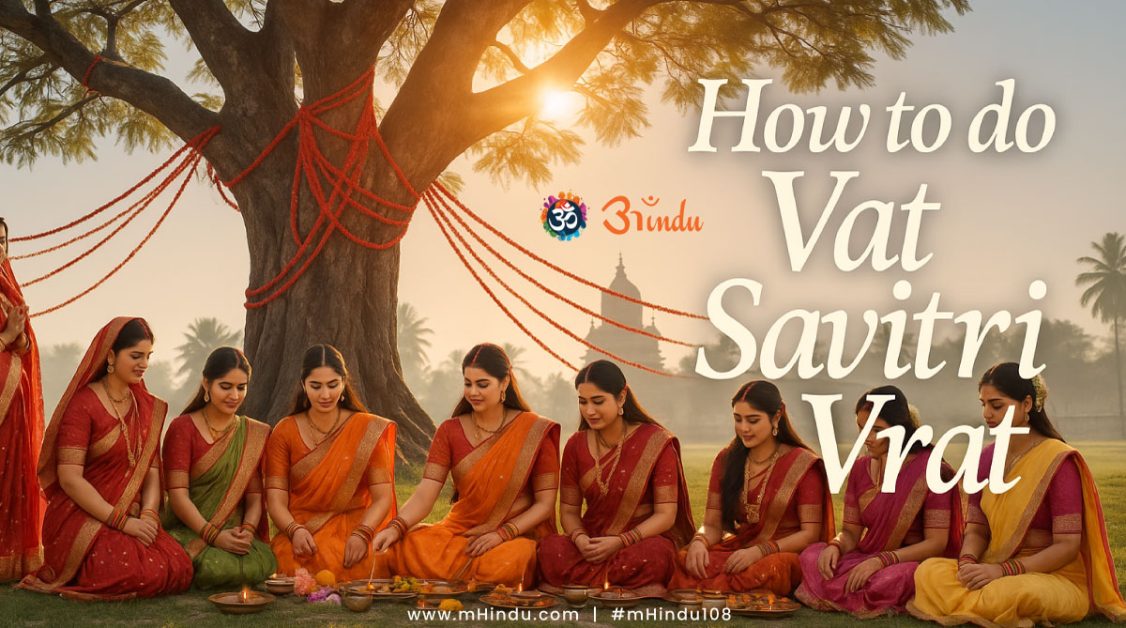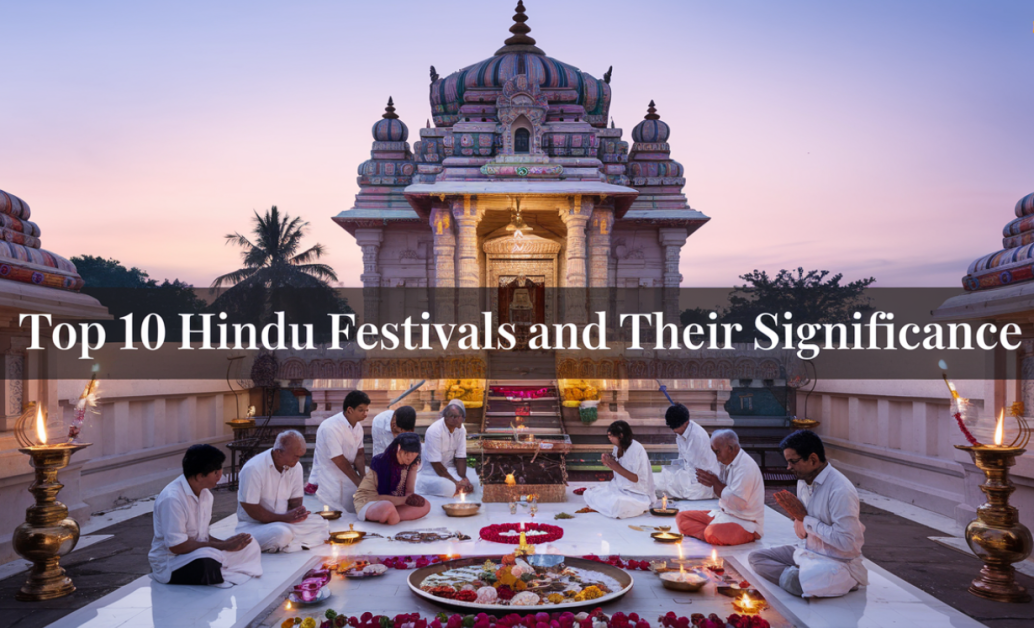
Hinduism, one of the oldest religions in the world, is deeply rooted in traditions, rituals, and vibrant Hindu festivals that celebrate divinity, spirituality, and cultural heritage. Each festival carries a unique significance and is observed with immense devotion, uniting families and communities in joyous celebrations. In this blog, we explore the top ten Hindu festivals, their historical and spiritual significance, and how they are celebrated across India and beyond.
Explore Blog Content
Toggle1. Diwali – The Festival of Lights
Diwali, the most widely celebrated festival in Hinduism, signifies the victory of light over darkness and good over evil. It marks the return of Lord Rama to Ayodhya after defeating Ravana. People decorate their homes with diyas, burst fireworks, and worship Goddess Lakshmi for prosperity. The five-day festival includes Dhanteras, Naraka Chaturdashi, Lakshmi Puja, Govardhan Puja, and Bhai Dooj.
Significance: Diwali symbolizes inner enlightenment, prosperity, and the triumph of dharma over adharma.
2. Holi – The Festival of Colors
Holi, celebrated with colors and joy, marks the arrival of spring and the legend of Prahlada and Holika. Devotees light bonfires on Holika Dahan to signify the burning of evil. The next day, people smear each other with colors, sing, dance, and enjoy festive sweets like gujiya and thandai.
Significance: It promotes love, unity, and the message that good always prevails over evil.
3. Navaratri – The Nine Nights of Worship
Navaratri is dedicated to the worship of Goddess Durga in her nine divine forms. The festival is observed twice a year—Sharad Navaratri and Chaitra Navaratri. Devotees fast, perform Garba and Dandiya dances, and chant prayers.
Significance: It represents the battle between Durga and the demon Mahishasura, symbolizing the destruction of evil forces.
India is home to over 50 major festivals annually, making it a land of continuous celebration. Hindu festivals are not just religious events but deeply woven into the cultural and social fabric of the people.
4. Makar Sankranti – The Harvest Festival
Makar Sankranti marks the transition of the sun into Capricorn and the beginning of longer days. People take holy dips in Ganga River, fly kites, and prepare sesame and jaggery sweets.
Significance: It signifies new beginnings, prosperity, and gratitude to nature.
5. Raksha Bandhan – Celebrating Sibling Bond
Raksha Bandhan is the festival of love and duty between siblings. Sisters tie a rakhi on their brothers’ wrists, and in return, brothers pledge to protect them.
Significance: It strengthens family ties and promotes love and protection among siblings.
6. Krishna Janmashtami – The Birth of Lord Krishna
Janmashtami celebrates the birth of Lord Krishna. Devotees observe fasts, sing bhajans, and enact Krishna’s childhood leelas.
Significance: It highlights Krishna’s teachings in the Bhagavad Gita, emphasizing dharma and devotion.
7. Ganesh Chaturthi – Honoring Lord Ganesha
Ganesh Chaturthi marks the birth of Lord Ganesha, the remover of obstacles. People install Ganesha idols at home and in pandals, offering modaks and performing a grand visarjan.
Significance: It symbolizes new beginnings, wisdom, and the removal of negativity.
8. Dussehra – Triumph of Good Over Evil
Dussehra, also known as Vijayadashami, commemorates Lord Rama’s victory over Ravana. Effigies of Ravana are burnt, symbolizing the defeat of evil.
Significance: It teaches that righteousness and truth always prevail.
9. Mahashivaratri – Worship of Lord Shiva
Mahashivaratri is a night-long festival dedicated to Lord Shiva, observed with fasting, prayers, and chanting of the mantra ‘Om Namah Shivaya.’
Significance: It represents the divine union of Shiva and Shakti and encourages self-discipline and spiritual awakening.
10. Chhath Puja – Devotion to the Sun God
Chhath Puja is dedicated to Surya Dev. Devotees observe rigorous fasts and offer arghya (water offerings) to the rising and setting sun.
Significance: It is a thanksgiving festival that promotes well-being, purity, and gratitude.
Conclusion
Hindu festivals are an integral part of life, celebrating divine blessings, seasonal changes, and cultural heritage. They bring families together, instill devotion, and spread joy. Observing these festivals strengthens faith and keeps traditions alive for generations to come.

